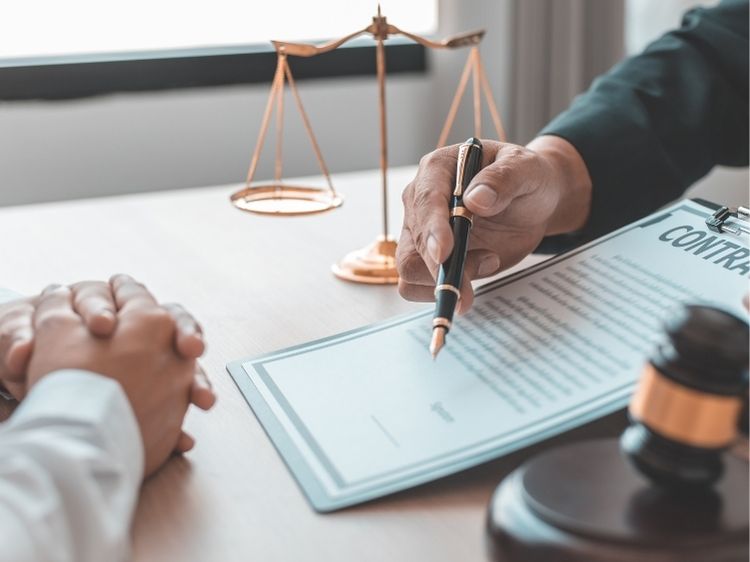When a medical device malfunctions, the consequences can be life-changing. Whether it’s a defective implant or a faulty surgical tool, the aftermath often leaves victims with questions: “Who’s responsible for this?” and “How can I seek justice?” This is where medical device lawyers come into play. They’re experts in navigating the complex world of medical device litigation, ensuring that those affected by defective products get the compensation they deserve. Let’s dive into how these specialized attorneys can help, what makes them unique, and why hiring one might be the best decision after a medical mishap.
What Do Medical Device Lawyers Do?
Medical device lawyers focus on cases where medical products have caused harm or failed to perform as intended. They’re skilled in:
- Investigating product defects
- Navigating FDA regulations
- Negotiating settlements
- Representing clients in court
These attorneys bridge the gap between the technical world of medical devices and the legal landscape.
Common Cases Handled by Medical Device Lawyers
Medical device lawyers take on a variety of cases, including but not limited to:
- Faulty Hip Implants
Many patients have suffered due to faulty hip implants, leading to severe pain, additional surgeries, and permanent disability. Lawyers in these cases work to hold manufacturers accountable. - Defective Pacemakers
When pacemakers fail, the results can be deadly. Lawyers help victims or their families seek justice in these tragic situations. - Harmful Birth Control Devices
Devices like intrauterine devices (IUDs) have been known to cause injury or even infertility in some women, leading to numerous lawsuits. - Surgical Stapler Failures
A staple going awry during surgery can cause catastrophic internal injuries. Lawyers in these cases often work to ensure victims receive fair compensation.
Why Hire a Medical Device Lawyer?
Medical device lawsuits are notoriously complex. From understanding FDA guidelines to proving product liability, these cases require a specialized approach. Here are a few reasons why hiring a medical device lawyer is essential:
- Expertise in Product Liability Law
Medical device lawyers are familiar with the intricate details of product liability law, ensuring no stone is left unturned in your case. - Access to Medical Experts
They often collaborate with medical professionals to build a robust case, linking your injuries directly to the device’s failure. - Experience with Complex Litigation
Many of these cases involve going up against large corporations, which means having a lawyer with experience in high-stakes litigation is key.
Steps in a Medical Device Lawsuit
If you’re considering filing a lawsuit, it’s helpful to understand the process. Here’s a breakdown of the typical steps involved:
- Initial Consultation
Your lawyer will assess your case to determine if there’s a valid claim. - Investigation
This step involves gathering medical records, interviewing experts, and investigating the device in question. - Filing the Lawsuit
Once the case is ready, the attorney will file a complaint against the manufacturer or responsible party. - Discovery Process
Both sides exchange evidence, which could include expert testimony, internal company documents, and medical reports. - Negotiation or Trial
Many cases settle before going to trial, but if no agreement is reached, your lawyer will represent you in court.
How to Choose the Right Medical Device Lawyer
Not all lawyers are created equal, especially when it comes to medical device cases. Here’s what to look for:
- Experience in Medical Device Litigation
A lawyer with a strong track record in this field is a must. - Access to Resources
Medical device cases often require significant financial resources for expert witnesses, extensive research, and lengthy court proceedings. - Clear Communication
You want a lawyer who explains every step of the process in terms you can understand.
FAQs About Medical Device Lawyers
What kinds of injuries can lead to a medical device lawsuit?
Injuries from medical devices can range from minor complications to severe disability or even death. If a device caused harm due to poor design, manufacturing defects, or failure to warn, a lawsuit might be valid.
How long do I have to file a claim?
Most states have a statute of limitations for product liability cases, typically ranging from one to six years. Consulting a lawyer soon after discovering the injury is crucial.
Can I file a lawsuit if I’ve signed a waiver?
Waivers can complicate matters, but they don’t always eliminate your ability to file a claim. A medical device lawyer can review the waiver and help determine your legal options.
Will my case go to trial?
While many cases settle outside of court, some do proceed to trial. Your lawyer will discuss your best course of action based on the strength of the case.
Conclusion
Medical device failures can have a devastating impact, both physically and emotionally. When a device you trust goes wrong, it’s essential to have a team of legal professionals in your corner. Medical device lawyers bring the expertise needed to navigate complex regulations and hold manufacturers accountable. Whether you’ve experienced a faulty implant, a defective surgical tool, or a harmful contraceptive device, these attorneys work tirelessly to ensure justice is served. Don’t navigate this difficult journey alone—reach out to a medical device lawyer today and take the first step toward recovery.
Authoritative Links:
- https://www.fda.gov
- https://www.drugwatch.com/medical-devices/
- https://www.lawyers.com/product-liability/medical-device-lawsuits/

